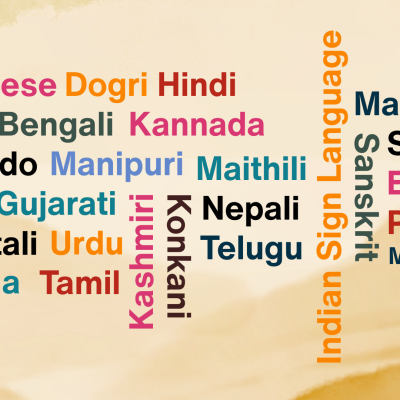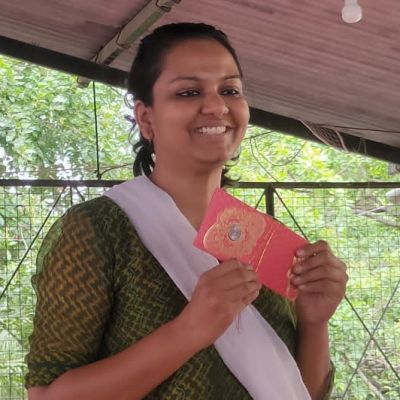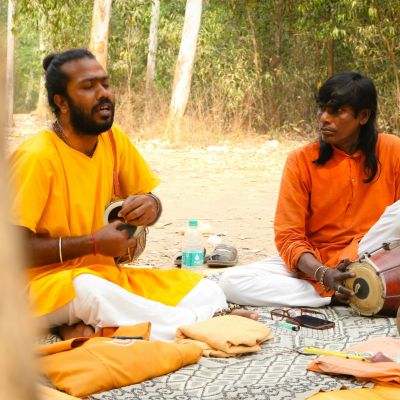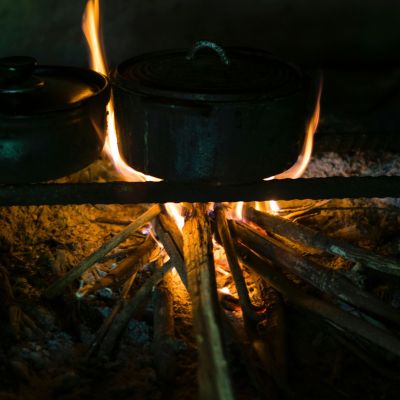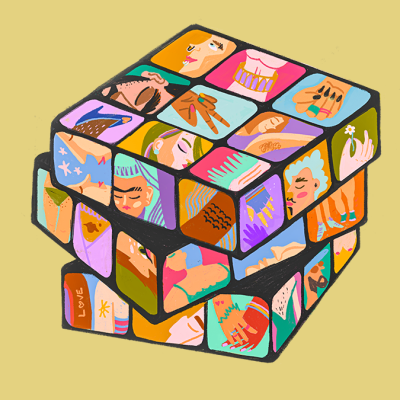relationships
The skills, networks, and resilience we’ve built over years aren’t just stories from the margins; they’re tools the whole system can learn from.
The glorious heights of self-actualisation to which some words beckon us, the promises lying within others, it’s all language.
Human beings are not brains in jars, but are fundamentally shaped by their perception of and interaction with the worlds around them, through their physical bodies and their sensory encounters.
To be politically queer in a new language is an intoxication of all senses, revelation, outrageous freedom.
क्या आपने अपनी माँ के साथ ऐसी बातें की हैं, उनके प्यार, चाहत, इच्छा के बारे में कभी बात हुई है? कैसा था आपका अनुभव? मुझे लगता है कि परंपरा, संस्कृति, इज़्ज़त ने मेरे अंदर एक डर बैठा दिया है और मैं अपनी इच्छा के बारे में बात करने के लिए शब्द और जगह दोनों ही ढूंढती रहती हूँ।
हम भाषा पर निर्भर करते हैं। “हाँ” का मतलब इजाज़त देना, और “ना” का मतलब मुकरना। आसान और सरल शब्दों में हमें बताया जाए तो सहमति का मतलब इन्हीं दो अल्फ़ाज़ों से आता है। आसान है, है न?
The aim of this piece is to bring to light the inherent queerness marking Baul folk music in Bengali, an oral undocumented spiritual expression that transcends heterosexual impositions and classism.
What gets silenced today isn’t just what’s obscene – it’s what’s inconvenient. What doesn’t sell. What asks us to take sex seriously or differently.
Language itself is being plugged as a resource, to be shared with those who share similar politics, or if not, at least to move them along in that direction. And people who speak, think, love and live differently are targeted as “the other”.
These are their words, their vision,
a blade that left a cut in my veins
Words weren’t always needed – we were content in each other’s quiet company, letting stillness speak. It took me years to realise that their home was my first classroom, and love was the language we spoke.
It’s time to scrape off the thick dark crusts of carelessly slapped-on murky hues of toxic masculinities and to bring out the brushes and the paints to paint masculinities in their true and glorious colours of life, freedom and love.
Gender has perplexed me throughout life. I never quite understood femininity or masculinity much – I mostly lived in what other people thought I was. One thing I did know always is that I never, ever, want to be seen as a man. But can I still hold masculinity?
My assertion of my gender was not because of masculinity, it was because of the feminism which I practised – and that gave me this chance to come back to what I was. To assert what I was and to assert what I am.


